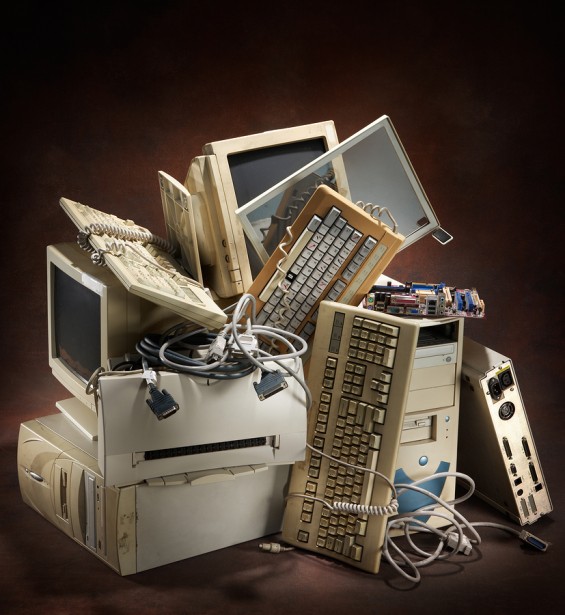The vice president of Google Vint Cerf has warned that digital materials like photos, blogs, tweets, emails and other official documents including some major historical documents are at a risk of permanently being lost because there are chances that the programs required to view the material will eventually become obsolete.
In an annual meeting that takes place in San Jose, California Vint Cerf spoke to the American Association for Advancement of Sciences that mankind’s baby steps into the digital world are at a risk of being lost for future historians. He also said that our civilization might become the forgotten generation as the old computer files are likely to become worthless junk.
Cerf said that they needed digital vellum so that old software as well as hardware can be stored and out-of-date files can be permanently preserved. He said that if we take a look at the data that we have on our digital devices like emails, tweets, pictures, etc we will be able to realize how much our own history is at stake of being lost forever.
He said that no one would want their digital lives to fade away like that. He emphasized that we need to make sure that our digital objects are safe and can be retreated at any time now or in the future.

The irony of the whole matter is that while many researchers are trying to store digital files for the future so that today’s music, pictures, letters and emails and other kind of documents could be saved for a long period of time what they are forgetting about is the hardware and programs that are required to read and view all the stored data.
Just like previously we lost the devices that were needed to read the floppy discs or VHS’s, in the future we are at a risk of losing the hardware to read the digital data of today.
Historians of our times were able to study ancient civilizations because most of their data was written on the walls of the caves or on baked clay tables or in rolled papyrus scrolls which only required eyes to interpret. But today data is stored on devices and servers that continue to get replaced with newer generation devices.
Cerf said that historians will try to preserve some material that they consider important, however that does not ensure that everything will be preserved. Cerf pointed out that Carnegie Mellon University in Pittsburgh has made some progress in finding the solution to this problem. There, a person named Mahadev Satyanarayanan, takes pictures of the hard drives while they are running various software programs. They are then uploaded on a computer that imitates the one where the software was run. As a result we get a computer that can run obsolete files.
However, inventing new technology for this purpose is only half a solution. A legal permission is required to copy and preserve software before they are lost forever. A proper planning is needed to preserve things with copyrights as well as patents and licenses.



